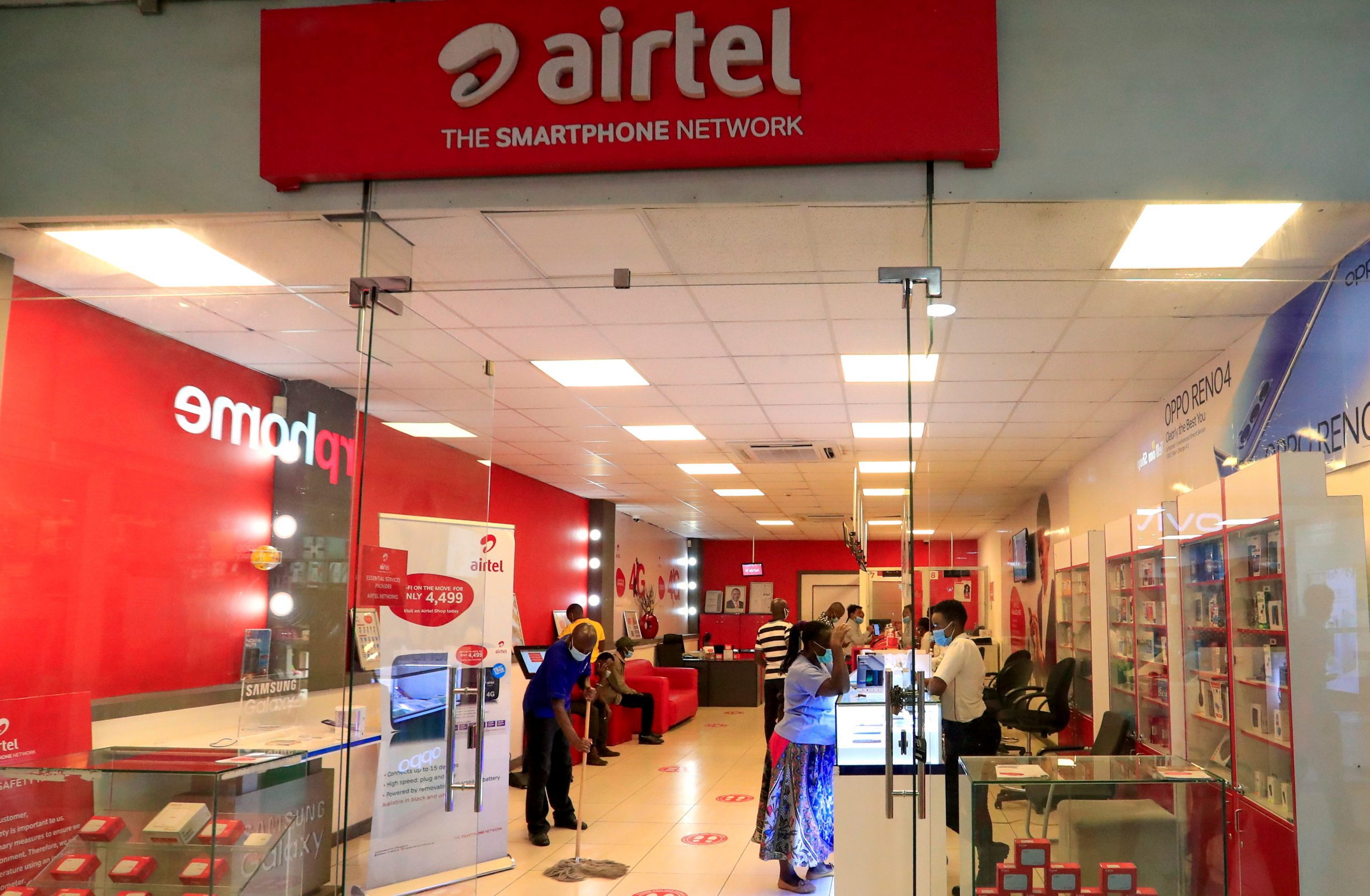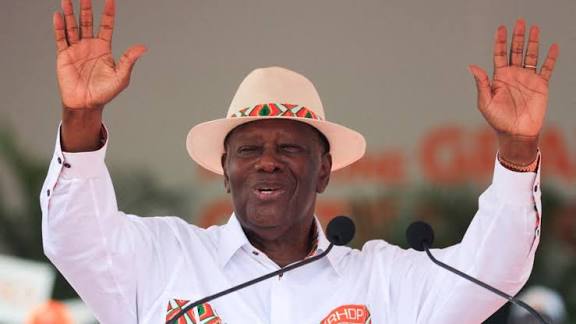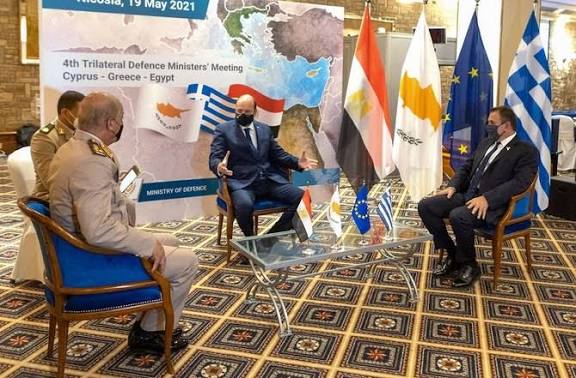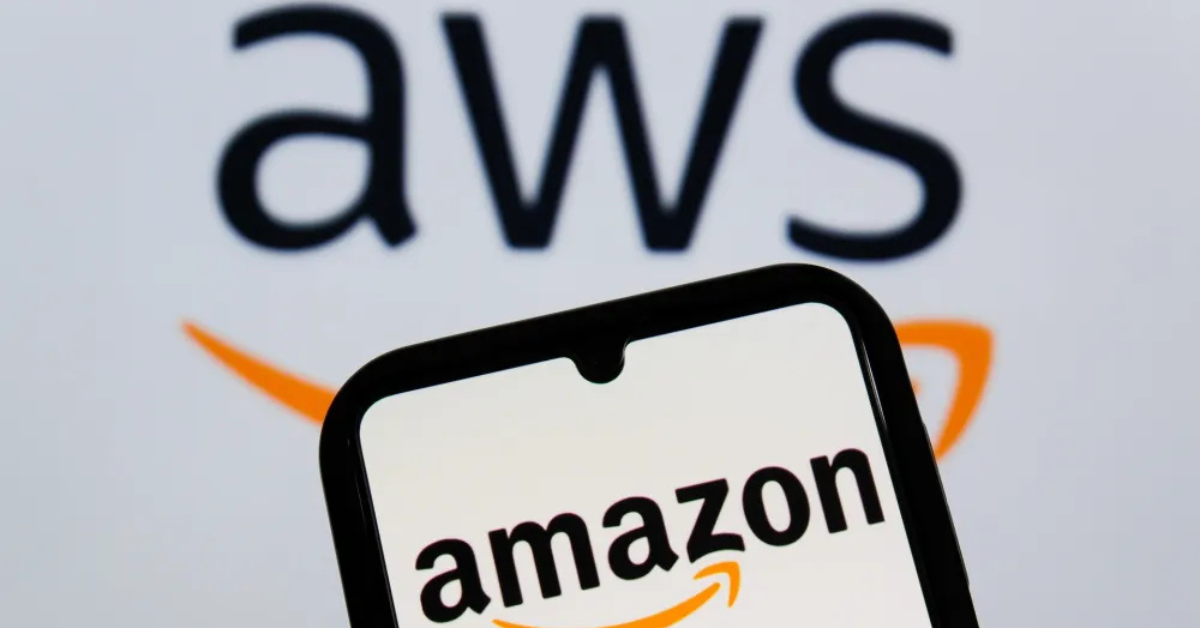Airtel Africa Fuels Digital Future with $900M Investment and Starlink Partnership

Airtel Africa is embarking on its most ambitious investment cycle to date, elevating its full-year capital expenditure plans to an unprecedented range of $875 million to $900 million. This significant financial commitment, coupled with a strategic partnership with SpaceX’s Starlink, underscores Airtel’s determined strategy to solidify its central role in Africa’s burgeoning digital economy. The positive trajectory is already evident in the company’s latest half-year results, ending September 2025, which reported a robust 24.5% increase in group revenue, reaching $2.98 billion in constant currency. Furthermore, EBITDA margins impressively climbed to 49% in the second quarter of 2026, demonstrating strong operational performance.
Sunil Taldar, CEO of Airtel Africa, expressed confidence in this accelerated investment, stating that the stronger performance provides the impetus to capture the full potential across its markets. He highlighted the company's consistent focus on delivering a superior customer experience and building essential capacity to foster digital and financial inclusion. The substantial capital expenditure is primarily growth-oriented, with approximately 87% dedicated to initiatives aimed at expanding network capacity, modernising infrastructure, and strengthening connectivity across its 14 operating markets. This aggressive drive is crucial for deepening its market presence and enhancing service quality in Africa's rapidly digitising economies.
The largest portion of this investment, estimated between $600 million and $650 million, is specifically earmarked for network and infrastructure build-out. This includes vital projects such as expanding mobile tower sites, extending fibre backhaul networks, and preparing for the deployment of advanced next-generation technologies like 4G and 5G. These efforts are designed to improve service reliability, boost internet speeds, and accommodate the escalating data demand in both urban and rural areas. Additionally, Airtel has made substantial investments in spectrum and licence renewals, spending about $152 million in FY2024. This figure includes $127 million for the crucial renewal of its 3G licence in Nigeria, ensuring regulatory compliance and future technological adaptability.
Beyond core network infrastructure, Airtel is also channeling significant funds into IT, cybersecurity, and digital transformation initiatives. This involves modernising data centres, upgrading IT systems, and fortifying application and API security, all of which are essential for supporting the company’s expanding digital services portfolio and maintaining user trust. Furthermore, a considerable share of the spending is allocated to enhancing distribution networks and digital channels, including expanding agent networks, developing mobile applications, and integrating omnichannel strategies. These improvements are particularly vital for Airtel Money, the company’s rapidly growing fintech division, which relies heavily on robust digital infrastructure and a widespread agent presence to extend access to financial services.
In Nigeria, Airtel’s largest market, capital expenditure for Q2 2025 amounted to $39 million, representing approximately 1.7% of the total group capex for that quarter. This investment was strategically focused on incremental network expansion and spectrum upgrades, directly supporting the company’s ongoing digital and financial inclusion objectives within the region. The increased investment aligns with the surging demand for data and smartphone usage across Africa, where smartphone penetration in Airtel’s operational footprint has already reached 46.8% and is projected to grow sharply as device costs decrease and 4G coverage expands.
Airtel's commitment to connectivity extends beyond traditional terrestrial networks. In May 2025, the company announced a landmark agreement with SpaceX to integrate Starlink’s satellite internet services into its enterprise and retail offerings. This collaboration is designed to deliver high-speed broadband access to remote schools, hospitals, and communities, addressing areas where conventional fibre optic deployment or tower construction is economically unfeasible. Starlink has already secured necessary licences in nine of Airtel’s 14 markets, with approval processes underway in the remaining countries.
In parallel, Airtel has forged multiple network-sharing agreements to enhance operational efficiency and reduce rollout costs. Notable collaborations include a strategic infrastructure-sharing deal with Vodacom Group in August 2025, encompassing Tanzania, the Democratic Republic of Congo, and Mozambique. This follows similar arrangements established earlier in the year with MTN in Uganda and Nigeria. These partnerships are instrumental in accelerating fibre deployment, optimising tower utilisation, and broadening broadband access, particularly in underserved markets where duplicating infrastructure is prohibitively expensive.
Despite this strong momentum and strategic foresight, execution risks persist. Certain regions, such as East Africa, have experienced temporary slowdowns in capital expenditure due to supply-chain disruptions and broader macroeconomic pressures. Moreover, external factors such as currency devaluations, inflation, and rising energy costs pose potential threats that require careful management to prevent erosion of the company’s gains. Nevertheless, Airtel’s management remains confident in its vision. As CEO Taldar articulated, "We are building the foundation for a truly digital Africa — from mobile connectivity to fintech inclusion. Our partnership with SpaceX, combined with record levels of investment, positions Airtel Africa for long-term growth."
You may also like...
President Alassane Ouattara set to begin his fourth consecutive tenure

President Ouattara on Monday, October 28 has been announced as the winner of the 2025 Ivorian Presidential election mark...
Platonic or Problematic: The Truth About Male–Female Friendships

Can a guy and a girl really just be friends, or is society too obsessed with turning every bond into a love story?
Egypt Reaffirms Its Diplomatic Clout in a Fragmented Region

Egypt is reclaiming its position in the middle of Arab and African diplomacy, one meeting at a time.
Abs Vs Belly: What do women Prefer

Some women love abs for their strength and discipline, but many admit a soft belly feels warmer, realer, and more inviti...
Forgotten at 80: Why the World Must Remember Aung San Suu Kyi, and Myanmar’s Broken Promise

Once the great hope for Myanmar, but and now in jail. Aung San Suu Kyi marked her 80th birthday in Prison.
Plane Carrying 10 Foreign Tourists Crashes on its way to the Maasai Mara Reserve

A light plane crash in Kenya's coastal regions claimed 11 lives — 8 Hungarians, 2 Germans and a Kenyan Pilot in a fatal ...
Africa’s Image Economy: The Business of Looking Good

In Africa’s digital age, fashion has evolved from self-expression into a kind of survival. What began as cultural pride ...
Storm Alert: Hurricane Melissa Nears Usain Bolt's Home; Lyles & Coleman Rally Support For Jamaica
)
Hurricane Melissa, dubbed the "storm of the century," has made catastrophic landfall in Jamaica, bringing 185 mph winds,...




